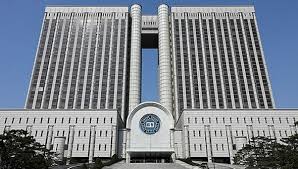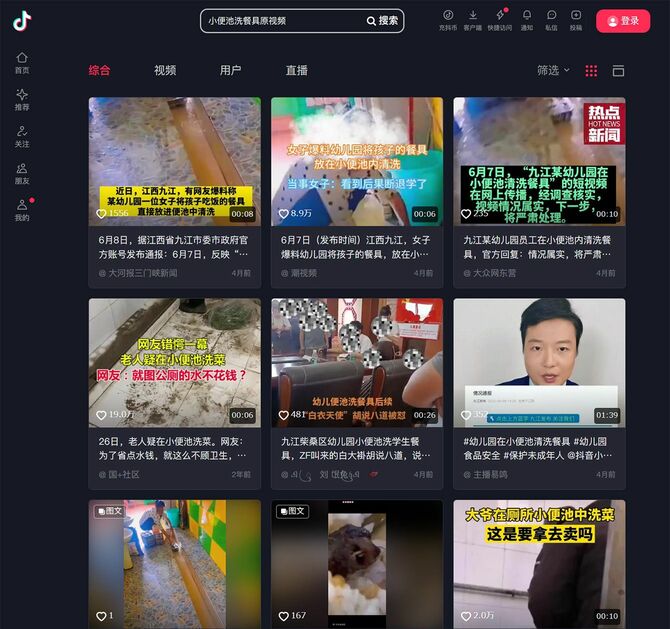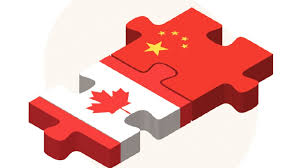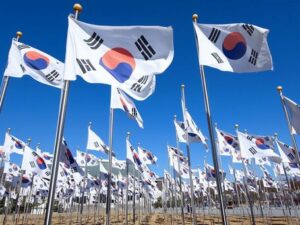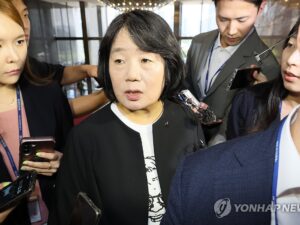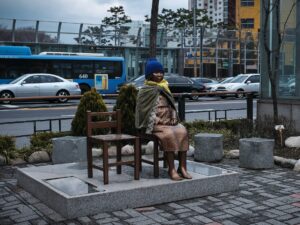Editorial:
The Nishinippon Shinbun
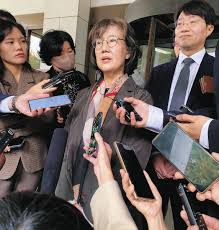
The Supreme Court of South Korea has issued a ruling that removes a thorn in the side of Japan-Korea relations. We welcome this calm and common-sense decision. The ruling came at the appeal hearing for Park Yuha, professor emeritus at Sejong University, who was accused of defamation for defaming former comfort women in her academic book “Imperial Comfort Women,” which dealt with the issue of comfort women in the former Japanese army. The Supreme Court reversed the Seoul High Court’s decision to fine him and returned the case to the High Court, stating that the intent of the decision was to acquit him. Rejecting the prosecution’s argument that expressions such as “comfort women” had a “comradely relationship” with the Japanese military were “false,” the court ruled that Park’s views could reasonably be evaluated as academic assertions. As for his motivation for writing the book, Park said that he questioned the discourse that assumed that comfort women were sex slaves on the left and prostitutes on the right. He said that his research focused on “listening carefully” to the voices of those involved, which had been drowned out. As a result, he empirically documented the reality that both soldiers and comfort women were victims incorporated into the Japanese empire, and that they also became pseudo-families and lovers. It is a labor of love. Park was indicted at home two years after the book’s publication in 2013. He was acquitted at the first trial, but was found guilty by the High Court of Justice in 2005. The book was translated into Japanese the year after its publication in South Korea, and gained wide support in the debate. There was another important point to be noted in the court’s decision. It warned against the intervention of public authorities in the evaluation of academic works, saying that evaluation should be conducted through a process of open discussion and criticism, rather than through criminal punishment. Thirty-six years have passed since South Korea, which was under military rule, declared democracy. Despite this, judicial decisions have been criticized in South Korea for tending to follow the wishes of the current administration, and this has had a negative impact on Japan-South Korea relations. We hope that momentum will build for a reexamination of the state of the South Korean judiciary, which is said to have become a source of power struggles, as evidenced by the successive arrests of former presidents. On the 26th of last month, when the ruling against Park was handed down, the Supreme Court issued another appropriate ruling. This was the appeal of a lawsuit in which the Puseoksa Temple in South Korea claimed ownership over the Korean government’s custody of Buddhist statues stolen by Korean thieves from the Kannon-ji temple in Tsushima City, Nagasaki Prefecture. The Supreme Court affirmed that the ownership belongs to Kwaneumsa Temple, and the case was decided in favor of Ukiseoksa Temple. The statue is a seated image of Kannon Bosatsu, a tangible cultural property designated by Nagasaki Prefecture, which was stolen in 2000 and found by Korean police in Korea the following year. The temple claimed that it had been looted by Japanese pirates in the 14th century, and although it won its case in the first trial, it was dismissed in the second trial. Wasn’t this an unreasonable claim that could not be proven? The two court rulings may be said to have put a nail in the coffin of the South Korean tendency to tolerate unlimited criticism of Japan over historical perceptions. Both Koreas are experiencing an unprecedented increase in appreciation of each other’s culture, especially among young people. In the face of military threats from North Korea and other countries, the Yun Sook-yeol administration is working to strengthen relations between the two countries. We hope to make the most of this opportunity by viewing the ruling as an opportunity to move toward the future.
